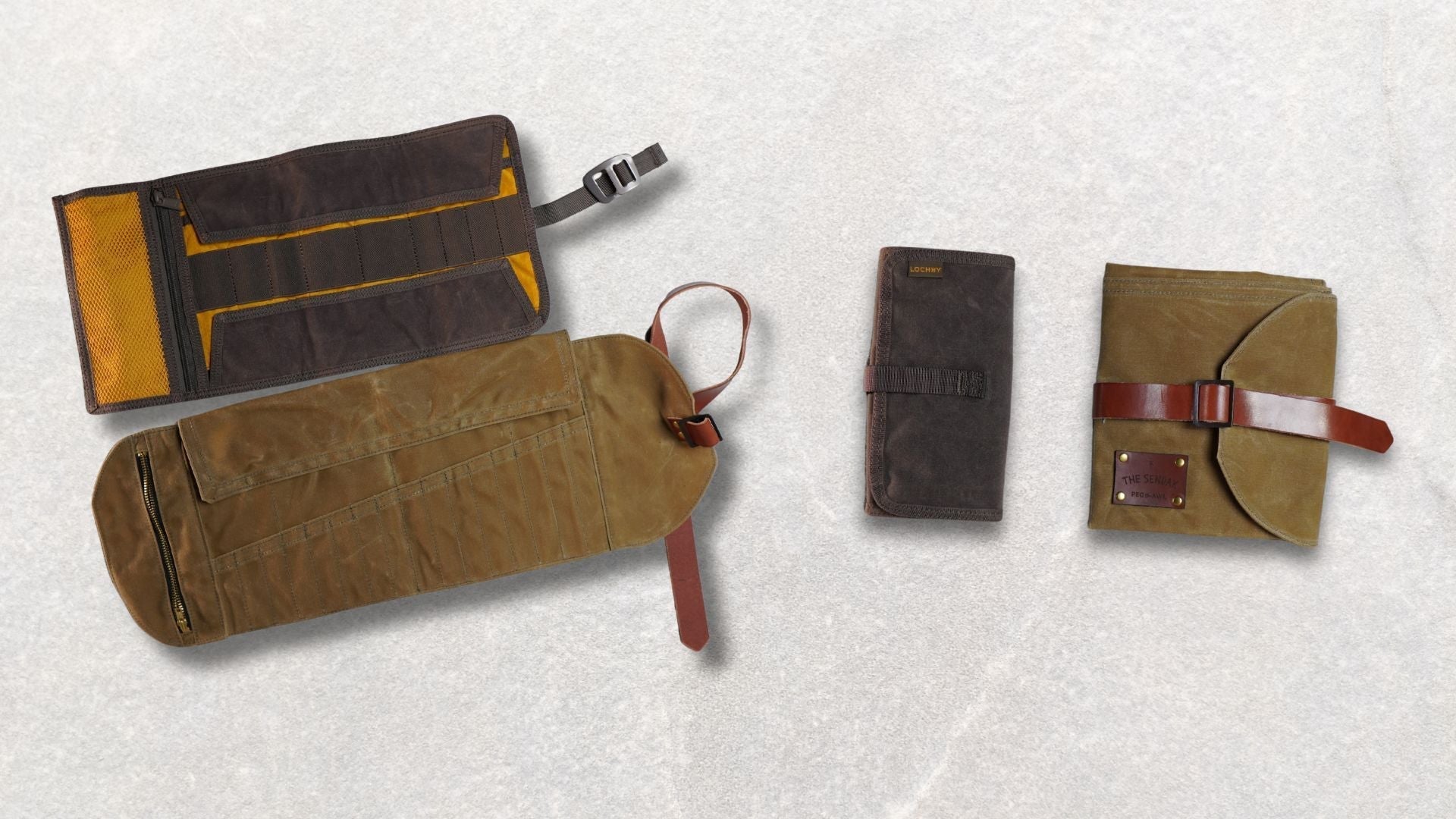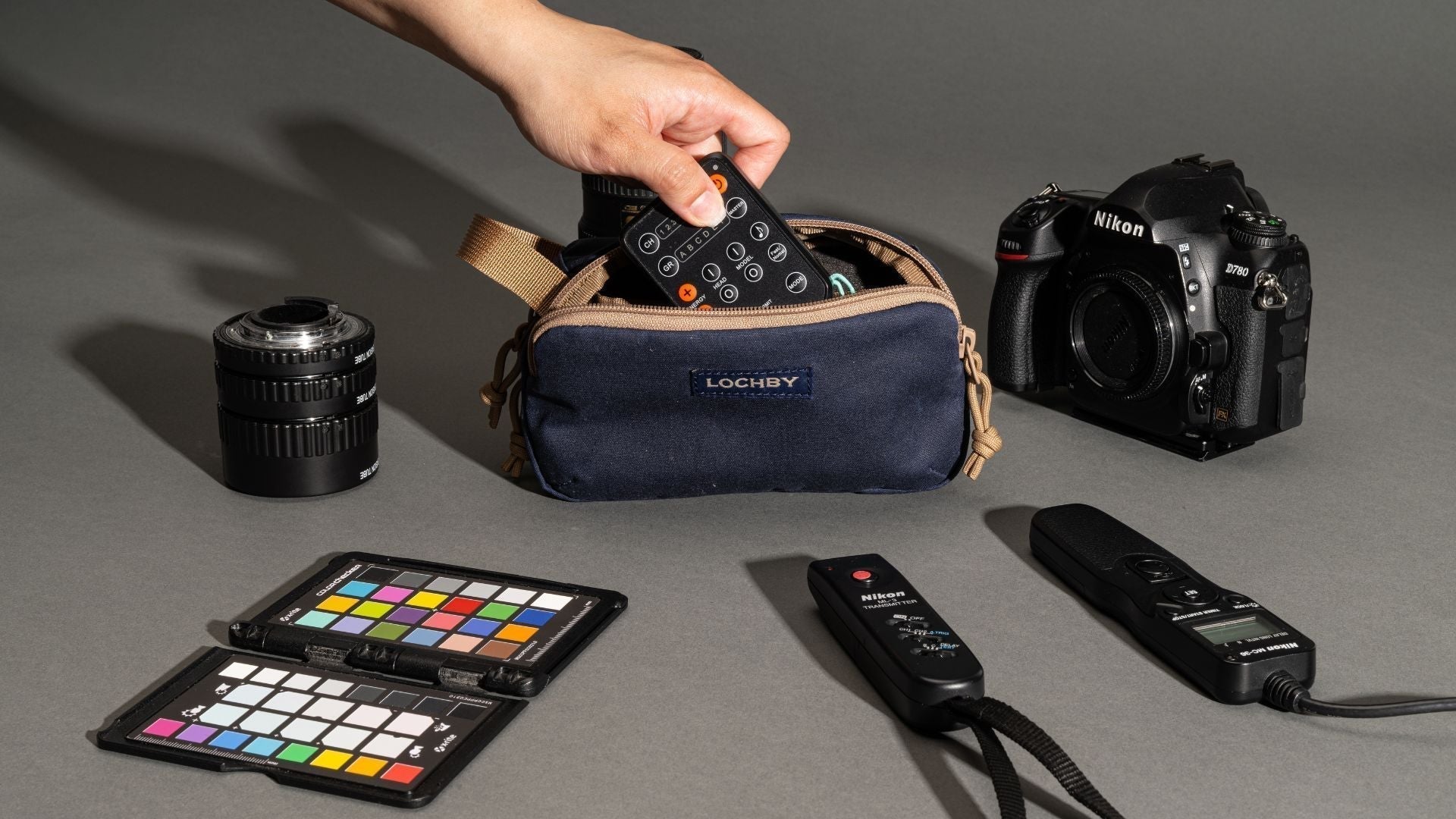No matter how long - or short - most of us have been keeping a journal, it's always amazing to see just how much our journaling options have multiplied over the course of many years. For an avid journaler, this means that as our needs change, and as we develop and grow, we can continue this most helpful practice by switching to another method anytime we so wish.
For someone who's new to journaling though, things can get confusing. With such a wide range to choose from, starting a journal can easily turn from exciting to overwhelming. But there's an upside to having the variety of methods that journaling has: it gives you the chance to find exactly what works for you. Because people have created ways to make the art of journaling their own, no matter what kind of fulfilling change you want to start working on, you're bound to find something for you in this list, too.
The Basic Journal
To start, let's begin with the basics. "Journal" is a more encompassing term for what some people still know as a "diary", and serves as a personal record of events in our lives. More than that however, it's also a means to reflect about certain things: what has transpired during our day, the nature of our thoughts, and the possible reasons and triggers behind the emotions that we feel. The practice of journaling is beneficial to our overall well being according to studies - we covered some of these science-backed benefits in this post - and is done using pen and paper, though nowadays and thanks to technology, digital journals also exist.
Journals vs Planners
A common distinction that you hear among journalers when it comes to these two is that while a journal can be a planner, a planner can never be a journal. This is because planners are primarily used to keep track of your daily, weekly, and monthly schedule without getting any deeper than that. It's highly useful but for entirely different reasons, and is best for people who want a quick view of their plans and when these plans are scheduled for.
Bullet Journal
Fondly shortened to bujo, the Bullet Journal was first released to the public in August of 2013 and has risen in popularity since then. Going by the simplest definition, as the name implies, it's a journaling method that mostly uses bullet points to organize nearly anything: your schedule, the goals you're trying to achieve, the habits you're trying to form, the amazing things that happened during the day - among a myriad of other things. The great thing about a bullet journal is that it's a planner and a journal rolled into one, which allows you to keep everything in a single notebook. No more looking at several of them at a time to find what you're looking for: the bujo has an "index" page for that! Overall, it's a great method for people who want an organized way to keep track of, well, everything.
Art Journal
The common misconception about this type of journaling method is that you have to be an artist of some sort to have one. That's not the case at all! If you want a means to express yourself in an artistic way, then that's the only reason you need to start an art journal. Just as the name implies, it's a place for your art, no matter what form it takes. Whether you're into painting, poetry, stories, or photography, an art journal is the perfect home for any and all art types.
Gratitude Journal
Listing the things that you're grateful for is an amazing way to fight off stress, and is known as a natural antidepressant because it helps release dopamine and serotonin, neurotransmitters that allow people to feel bliss. But it's not just that: gratitude also assists in changing your perspective and outlook into something more positive, which can help build resilience as you become better equipped in handling rougher, more trying periods of your life.
Gratitude journaling is best for people who simply don't have enough time to sit down and write a lot, but still want to reap the benefits of keeping their own journal. With just a few simple words focused on one of the good things in life, you're already setting yourself to become happier.
Food Journal
If you're a foodie, then this one's for you! It doesn't matter whether you like cooking food or just eating it - having a food journal gives you the means to keep track of every delicious dish that you've encountered or, better yet, created yourself. Add photos or fun, hand-drawn art, and you have the perfect little book that represents all of your unique and yummy food adventures! But more than just an account of good food, a food journal can also help you with meal planning, especially if you're trying to be more healthy, by allowing you to carefully plan and prepare your future meals. For people who love cooking, note down your homemade recipes and create a cookbook that can be passed down from generation to generation.
Travel Journal
The best thing about traveling is that no two places will ever be the same, which means there's always something worth writing home about no matter what corner of the world you end up in. What better way to keep memories of the wonderful places you've been to than with a travel journal? It's the perfect medium to write down your unique cultural experiences, and instead of exclusively posting your photos in your social media accounts, print some of them out and dedicate a page for these one-of-a-kind snapshots.
But far from just useful after a memorable vacation, you can also use your journal to plan the trip itself. List down your itinerary and tick off the places you've been to and activities you've done as you finish them. If you're the artsy type, sketching a nice view will be a great memento and can capture a wonderful moment in time as you experience it.
Fitness Journal
If you're the type to get hyped up by tracking progress and seeing daily, weekly, and monthly results, then incorporating a dedicated journal as part of your fitness journey is a good choice. But even then, consider one anyway - our previous post highlights all of the different reasons why writing down your goals can help you reach them, which is exactly what you'll do with a fitness journal. But that's just one thing: there's a lot more you can do aside from taking note of weight loss/gain or how your strength training is doing.
Trying to make smarter food choices to complement your new fitness routine? Then plan your meals alongside your workouts for the week. Want to know why there are days you can't seem to convince yourself to exercise? A journal can help you uncover patterns of behavior and even food that affect mood and motivation.
Dream Journal
Dreams are reflections of our lives. In fact, studies show that we dream "to ease painful memories" and that sleep, specifically REM, acts much like overnight therapy and helps us process and work through difficult events that have happened to us. It has also been associated with memory consolidation and conflict resolution - but then, what does all this have to do with keeping a dream journal?
First, people have the tendency to forget dreams, and writing them down as soon as you wake up will help with recall later on. Second, by having such a record, you can gain insight on what matters to you based on patterns and recurring themes. Third and lastly, the process of writing itself helps you understand not just the dream but, more importantly, yourself. It can provide solutions to everyday (or long standing) problems, act as a source of inspiration and creativity, and assist us in getting to know ourselves on a much deeper level.
Conlusion
The benefits of journaling are undeniable and, no matter which type of journal you choose from this list, all of them can positively impact and improve the quality of your life. If you want a trusted, non-judgmental confidante that will listen and offer unrelenting support no matter what, then it's time to pick a notebook and start your journaling journey today.
What other types of journals have you used, and how have they helped you with life? If this is your first attempt at journaling, which option in this list are you planning to try? Let us know in the comments!
Regardless of which one it is, we hope you find something useful in the fine art of journal keeping. With that said, as always, keep on creating!





5 Ways Journaling Can Boost Your Creativity
The Benefits of Journaling on Mental Health